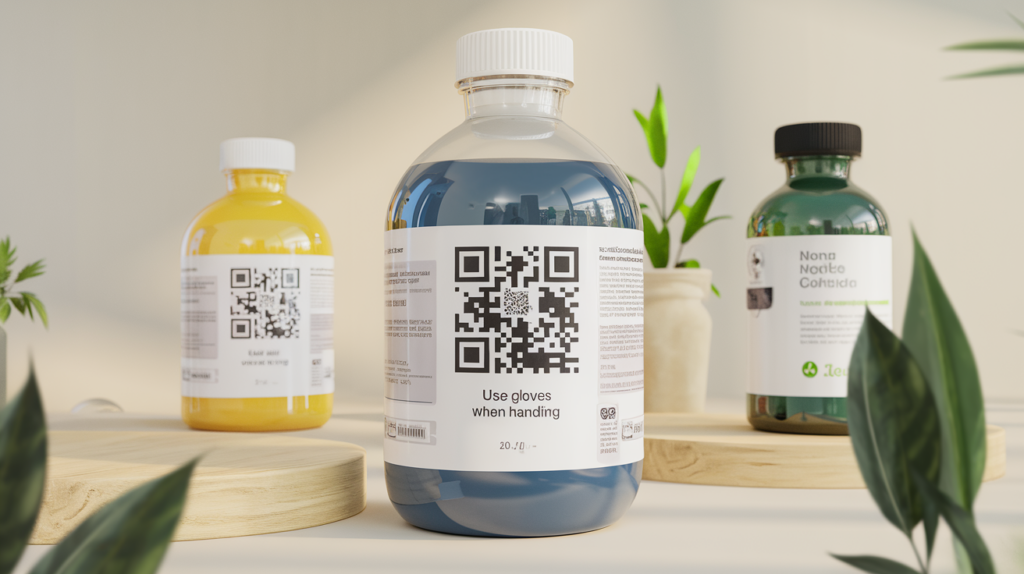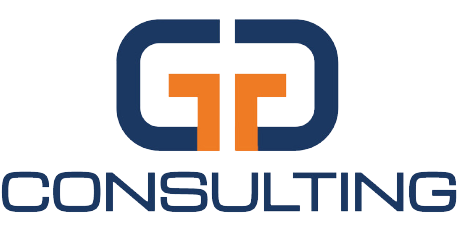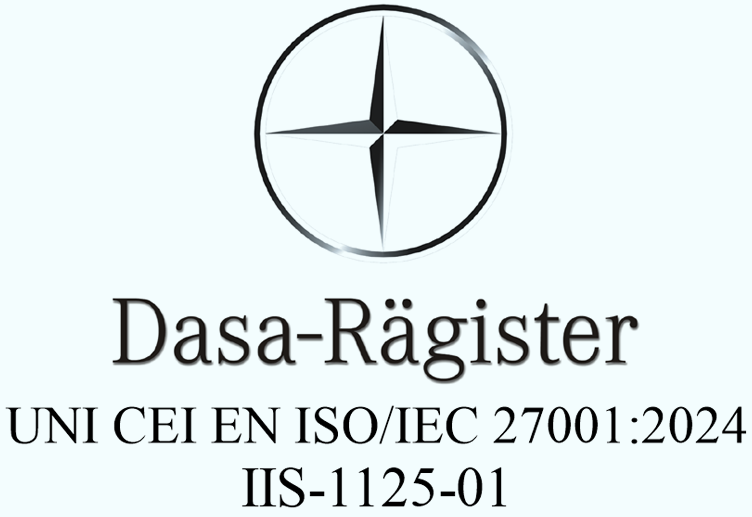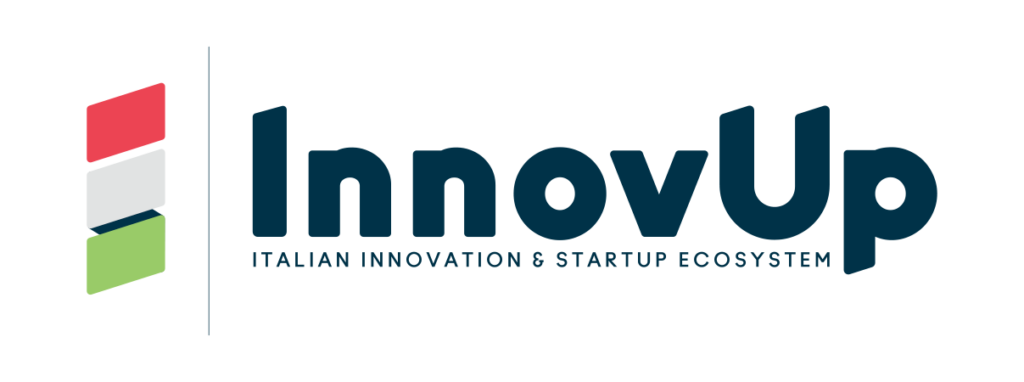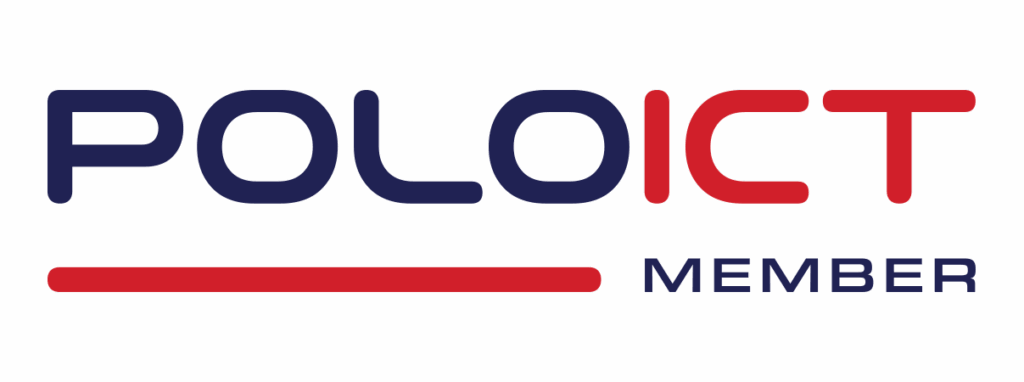With the introduction of the ESPR, the chemical industry is also preparing to integrate the digital product passport into its processes, promoting greater transparency and sustainability. This sector, a pillar of the European economy, provides raw materials and essential products that we use every day. Precisely because of its environmental and health impact, the chemical industry has long been subject to strict regulations, such as the REACH regulation or the requirement for safety data sheets.
With the advent of the ESPR, the next step is the adoption of the Digital Product Passport also for product groups such as detergents, paints, lubricants, and basic chemicals.
But what does a digital passport actually mean in the chemical sector? In practice, every product—whether a can of paint, a detergent, or a drum of industrial solvent—will need to be accompanied by a digital dossier containing all relevant information on its composition, use, and environmental impact. The passport will include, for example, a list of the chemical substances present (indicating any hazardous components), technical specifications, the environmental footprint (such as CO₂ emissions generated during production), and instructions on how to use and dispose of the product safely. These data, accessible via a digital identifier (e.g., a QR code on the packaging), will complement traditional labels and technical sheets, offering a much greater level of detail and usability for all stakeholders involved.
Imagine a can of paint equipped with a digital passport: the painter using it could scan the code and immediately view the full safety data sheet, find out whether the paint contains VOCs (volatile organic compounds) and in what quantity, what precautions to take during application, and how to dispose of leftovers and empty packaging in an environmentally friendly way. The same applies to an industrial lubricant: the passport could indicate the percentage of regenerated oil used, quality certifications, and instructions for regenerating or disposing of the used oil. All of this benefits both end users, who have clear information for using the product responsibly, and the environment, thanks to better management of chemical waste.
In addition to supporting customers and operators, the digitization of information will also simplify regulatory checks. The passport data will in fact be accessible to authorities at any time: for example, customs officials, when inspecting imported goods, will be able to automatically verify the existence and authenticity of the digital passport of a chemical product. This makes it easier to detect any non-compliant imports or products containing banned substances, creating a safer and more transparent market.
For chemical companies, complying with these requirements means having systems capable of managing large amounts of technical information for each product and keeping it constantly updated. Many companies already have databases for formulations and procedures for updating safety data sheets, but the digital passport requires making these data immediately accessible online and sharing part of them in a standardized format with customers and authorities. Moreover, it is necessary to ensure that every update (e.g., a change in hazard classification or a new environmental certification) is propagated to all product units in circulation.
In this context, solutions like Certiblok become valuable. Through the platform, a chemical manufacturer can upload all relevant documents for a product (formulation, analysis certificates, safety data sheet, etc.) to a secure decentralized cloud archive. Each product is associated with a public QR code to be placed on the label or container: anyone who scans it accesses the always-up-to-date digital passport. If, for example, the formulation changes or a new version of the safety sheet is published, the company updates it once on Certiblok, and all customers who scan the code will immediately have access to the latest version, with no risk of using outdated information. The platform can also send automatic notifications to customers about document revisions, ensuring proactive and compliant communication.
Such a system also offers maximum data security: thanks to blockchain technology, stored information cannot be altered by third parties and remains available over time, even if corporate systems are migrated. This frees manufacturers from the burden of manually reprinting labels or sending emails with technical updates: the QR code on the product becomes the single, reliable communication channel with the customer throughout the chemical lifecycle, in line with the requirements of the DPP digital passport.
Chemistry 4.0 thus means more open data and more controlled processes. The ESPR Digital Product Passport transforms every can, bottle, or bag of substance into a “speaking” object that carries all the necessary information for its proper use and disposal. For companies that embrace tools like Certiblok, this obligation becomes an opportunity for efficiency: fewer paper documents, more trust from customers, and strong alignment with European regulations toward a sustainable and traceable chemical industry.
Fill out the form below to request the FREE Plan
or the full BUSINESS Plan for 30 days.
Funzioni

